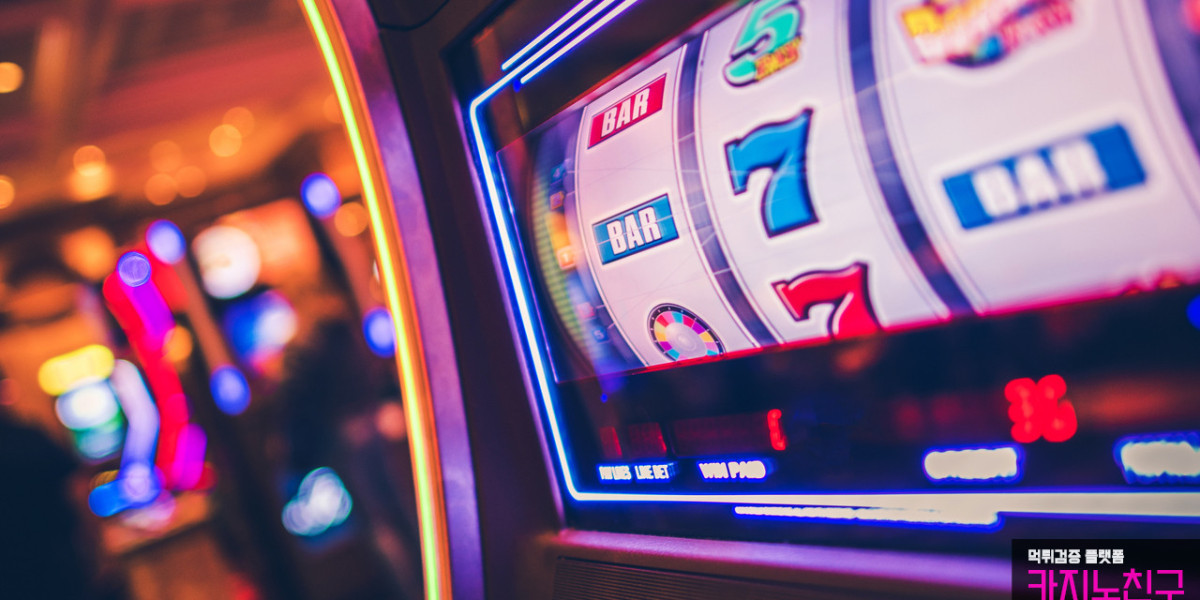When it comes to firearms, two of the most common types are pistol guns and rifle guns. Each has distinct characteristics, advantages, and uses. Whether for self-defense, law enforcement, hunting, or sport shooting, understanding the difference between a pistol and a rifle is crucial in selecting the right firearm for your needs. In this article, we’ll explore these two types of guns, their features, and how they are used.
What is a Pistol Gun?
A pistol gun, often referred to as a handgun, is a small firearm designed to be held and operated with one hand. It is known for its compact size and ease of use in close-quarter situations. Pistols are typically chambered for smaller-caliber ammunition compared to rifles, making them lighter and easier to carry.
Types of Pistols:
Semi-Automatic Pistols: These firearms automatically reload after each shot, but the shooter must pull the trigger to fire each round.
Revolvers: These have a rotating cylinder that holds multiple rounds, requiring manual rotation to load a new round into the firing chamber after each shot.
Single-Shot Pistols: As the name suggests, these firearms hold only one round at a time, requiring the shooter to reload after each shot.
Benefits of Pistol Guns:
Compact and Portable: Pistols are small and lightweight, making them ideal for concealed carry and self-defense situations.
Quick to Draw and Fire: Due to their compact size, pistols can be drawn and fired quickly, offering rapid defense in emergency situations.
Easy to Maneuver: Their small size and design make them easier to use in confined spaces, such as indoors or in vehicles.
Affordable: In general, pistols are more affordable than rifles, making them a popular choice for many gun owners.
Popular Uses:
Self-Defense: Pistols are widely used by civilians and law enforcement for personal protection.
Law Enforcement: Officers typically carry semi-automatic pistols as their primary sidearm.
Sport Shooting: Pistols are commonly used in competitive shooting sports.
What is a Rifle Gun?
A rifle gun is a long-barreled firearm that is designed to be fired from the shoulder. Unlike pistols, which are compact and designed for one-handed use, rifles have a longer barrel and stock, providing greater accuracy and power. Rifles are available in a variety of calibers, with some designed for hunting, others for military use, and some for recreational shooting.
Types of Rifles:
Bolt-Action Rifles: These rifles require the shooter to manually cycle the action (bolt) between shots. Known for their precision, bolt-action rifles are often used in hunting and long-range shooting.
Semi-Automatic Rifles: These rifles automatically reload after each shot, but the shooter must pull the trigger to fire each round.
Lever-Action Rifles: A lever is used to cycle the rifle's action between shots. These rifles are popular in hunting and recreational shooting.
Automatic Rifles: These rifles can continuously fire rounds as long as the trigger is held down. They are typically used by military and law enforcement.
Benefits of Rifle Guns:
Increased Accuracy: Rifles are known for their superior accuracy due to their longer barrel and rifled grooves inside the barrel that spin the bullet for a more stable trajectory.
Higher Power: Rifles generally use larger, more powerful ammunition than pistols, allowing for greater range and stopping power.
Effective for Long-Range Shots: Rifles are ideal for shooting at longer distances, making them a top choice for hunting and military applications.
Variety of Calibers: Rifles come in a wide range of calibers, from small game hunting to high-powered military-grade weapons.
Popular Uses:
Hunting: Rifles are the primary firearm used for hunting big and small game.
Military and Law Enforcement: Rifles are essential for military operations and law enforcement tactical units.
Sport Shooting: Rifles are used in competitive shooting sports, such as precision rifle shooting and 3-gun competitions.
Pistol Guns vs. Rifle Guns: Key Differences
While both pistol guns and rifle guns are firearms, they differ in several key aspects. Let’s take a closer look at these differences:
Feature | Pistol Gun | Rifle Gun |
Size and Portability | Compact and easily concealable | Larger and bulkier, less portable |
Ammunition | Typically smaller calibers (e.g., 9mm, .45 ACP) | Larger calibers for greater power (e.g., .223, .308) |
Accuracy | Lower accuracy at long range | Higher accuracy, especially at long distances |
Range | Effective at short to medium range (up to 50 yards) | Effective at long range (up to several hundred yards) |
Fire Rate | Generally semi-automatic or revolver | Semi-automatic, bolt-action, or fully automatic |
Use | Self-defense, law enforcement, sport shooting | Hunting, military, law enforcement, sport shooting |
Recoil | Typically lower recoil | Higher recoil due to larger calibers and power |
When to Choose a Pistol vs. a Rifle
For Concealed Carry: If your primary concern is personal defense and you need a firearm that can be easily concealed, a pistol gun is the better choice. Its small size and portability make it ideal for carrying in a holster or bag.
For Hunting: If you're hunting big game or need a firearm for long-range shooting, a rifle gun is the best option. With greater range, accuracy, and power, rifles are designed to take down animals from a distance.
For Self-Defense: Both pistols and rifles can be used for self-defense, but pistols are often favored for home defense or concealed carry due to their ease of use in tight spaces and their portability.
For Military and Tactical Use: Rifles are preferred for military and law enforcement due to their higher power, range, and accuracy. Pistols may serve as secondary sidearms, but rifles are the primary weapon for most tactical situations.
Summary
Both pistol guns and rifle guns have their place in firearms usage. Pistols are compact, easy to use, and ideal for self-defense and close-range situations, while rifles offer greater power, accuracy, and range, making them perfect for hunting, sport shooting, and military applications. When choosing between the two, it's important to consider your specific needs, whether that be portability, power, range, or accuracy.
Key Takeaways:
Pistols are compact, easy to use, and ideal for self-defense and close-range shooting.
Rifles offer superior accuracy, range, and power, making them suitable for hunting and long-range engagements.
The choice between a pistol and a rifle depends on the intended use—whether for personal defense, sport shooting, or hunting.
FAQ's
1. Which is more powerful: a pistol or a rifle? A rifle is generally more powerful than a pistol due to the larger caliber ammunition and longer barrel, which provides greater velocity and energy to the bullet.
2. Can a pistol be used for hunting? Yes, a pistol can be used for hunting, especially for small game. However, for larger game, a rifle is typically preferred due to its increased power and accuracy.
3. Are rifles easier to control than pistols? Rifles generally have more recoil than pistols, but their longer stock helps absorb some of the recoil, making them easier to control for accurate shooting at longer distances. Pistols, on the other hand, have less recoil but may be harder to control for beginners due to their smaller size.
4. What are the main advantages of pistols over rifles? The main advantages of pistols over rifles are their portability, ease of concealment, and faster handling, making them ideal for personal defense and situations where space is limited.
5. Can rifles be used for self-defense? Yes, rifles can be used for self-defense, particularly in situations requiring long-range accuracy and stopping power. However, pistols are typically more convenient for home defense and concealed carry.







